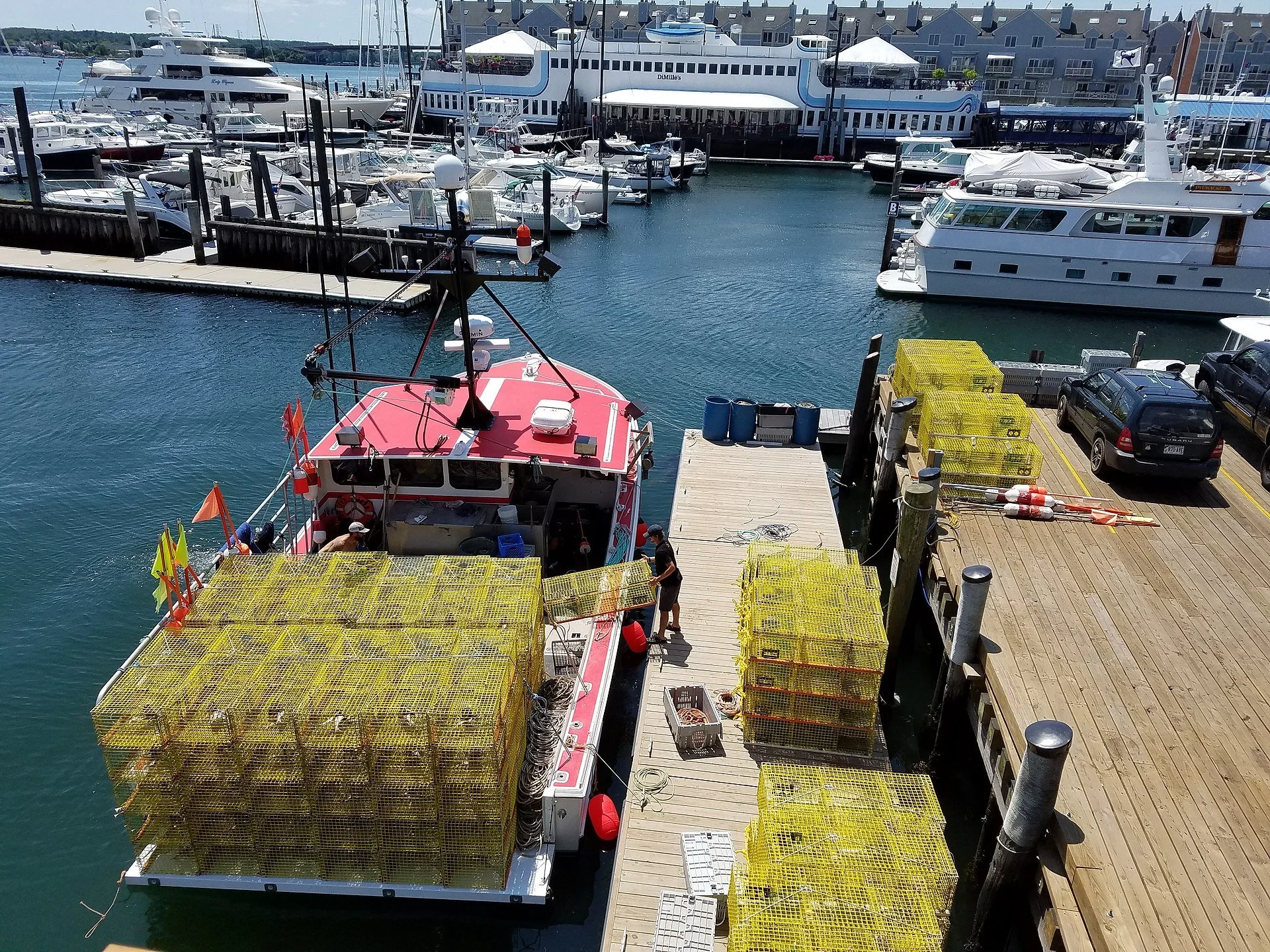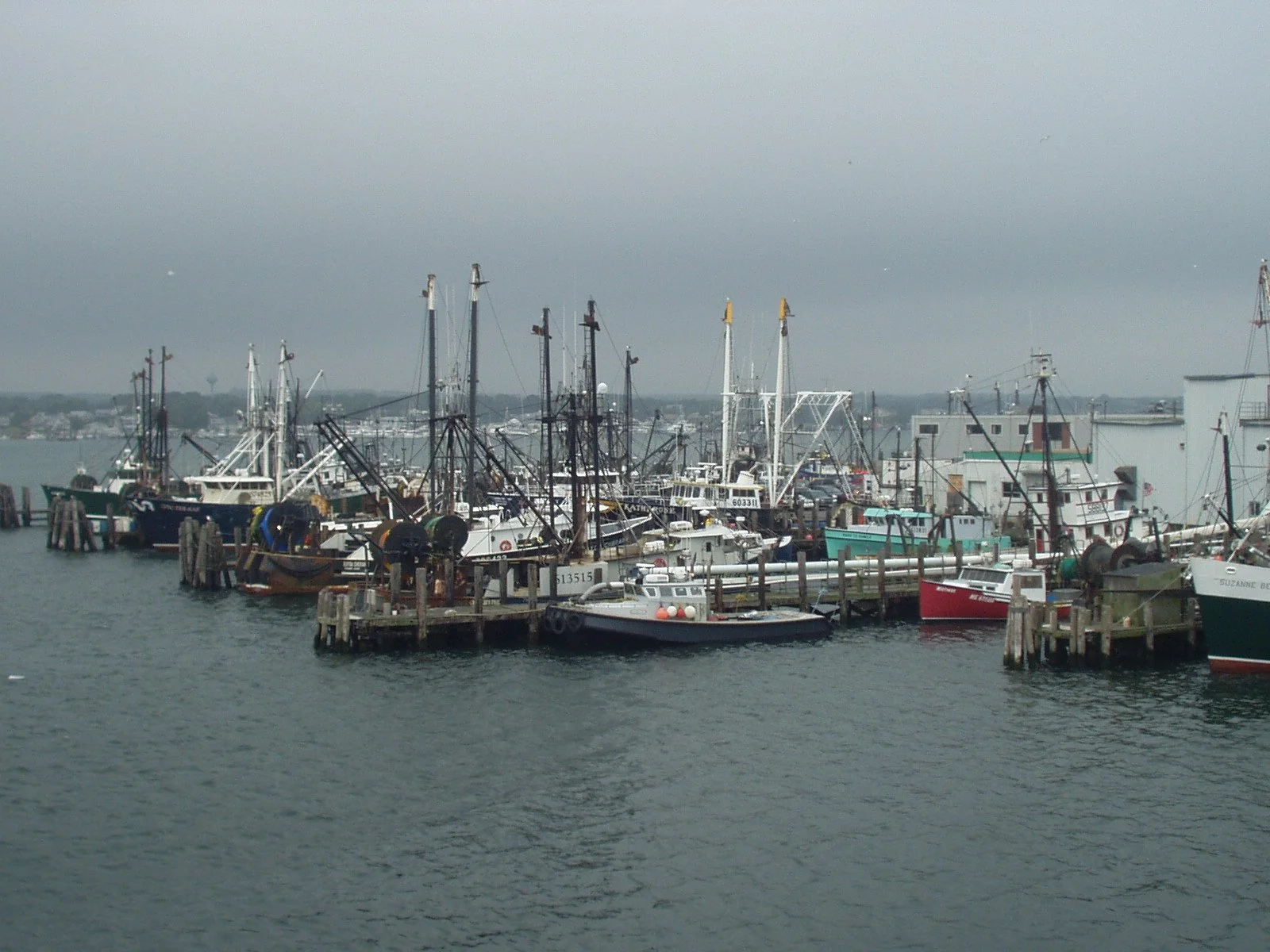Lobster boat in a Portland, Maine, Harbor marina competing for space with yachts.
—Photo by Bd2media
Adapted from Robert Whitcomb’s “Digital Diary,’’ in GoLocal24.com
Perhaps because I’m slightly involved with a project in Maine to preserve working waterfronts, I noticed that one of Rhode Island Gov. Dan McKee’s projects in his state-of-the-state address on Jan. 18 was to boost seafood-processing facilities in the state so that more of the profit from that processing stays in or close to the state. A fine idea for the Ocean State, which, like Connecticut, Massachusetts, New Hampshire and Maine, needs to do a lot more to preserve and if possible expand its working waterfronts.
People in many communities on our coasts are fighting to save waterfronts by being almost completely taken over by expensive houses and pleasure boats (replacing fishing boats). Many of these houses are used only seasonally. Suggestions requested!
For a look at how Mainers are trying to save what’s left of their working waterfronts, hit this link.
xxx
There are continuing controversies about the susceptibility of the Rhode Island Coastal Resources Management Council to political and business pressures. CRMC members are political appointees who aren’t required to have experience in coastal environmental matters.
So I ask yet again why it can’t just be abolished and all its powers granted to the (now understaffed) state Department of Environmental Management, whose employees include people with technical and scientific training, not political and business connections.
This becomes more important with the rising seas caused by global warming.
Save the Bay, the state’s leading environmental advocacy organization, has been denouncing state leaders for slashing the DEM’s staff, especially inspectors and enforcement officers.
“The Department of Environmental Management has seen its budget and staff cut dramatically over the past 20 years. These cuts have led to delays in permitting, reduced inspections of potential polluters, and lax enforcement of RI’s environmental laws and rules,” said Jed Thorp, advocacy coordinator of the organization.
Hit this link for more information.












